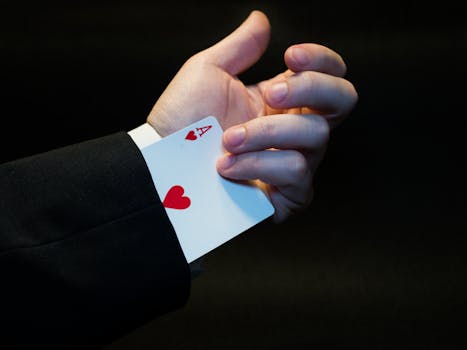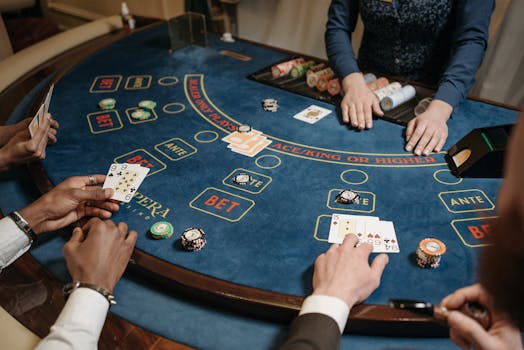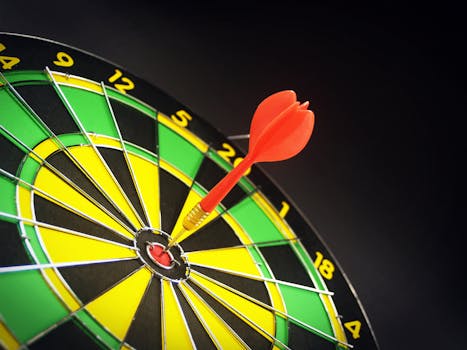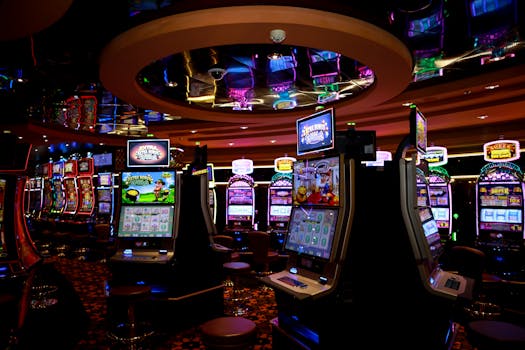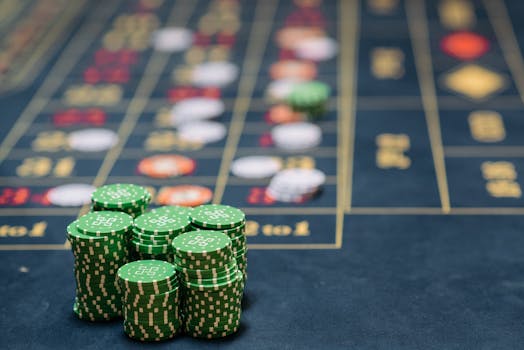Understanding the Truth Behind the Casino House Edge
The term "casino house edge" is fundamental in understanding how casinos make a profit and how it affects players' chances of winning. This article delves into the intricacies of the house edge, comparing different games and strategies to help players make informed decisions.
What is the Casino House Edge?
The casino house edge is a mathematical advantage that the casino has over the players in any given game. It is expressed as a percentage, indicating the average gross profit the casino expects to make from each game. Essentially, it represents the built-in profit margin for the casino and ensures that, in the long term, the casino always comes out on top.
How is the House Edge Applied in Different Games?
Slot Machines: Slot machines typically have a higher house edge than many other casino games. The house edge on slots can vary significantly, typically ranging from 2% to 10%. This is due to the random number generator within the machine, dictating the randomness and probabilities of winning combinations.
Blackjack: Blackjack is known for having one of the lowest house edges, which can be as low as 0.5% with optimal play. The edge can vary depending on the rules of the game and the strategy used by the player.
Roulette: The house edge in roulette depends on the version of the game played. American roulette has a higher house edge at around 5.26% due to the double zero on the wheel, while European roulette has a lower edge of about 2.7%.
Craps: The house edge in craps can vary widely depending on the type of bet made. It can be as low as 1.36% or as high as over 10%. The pass line bet, a common wager in craps, typically offers a house edge of approximately 1.41%.
Advantages and Disadvantages of Different House Edges
Advantages:
- Lower house edges like in Blackjack can significantly increase the player's chances of making a profit in the short term.
- Games with higher payout rates (lower house edges) generally offer more value for money over time.
- Higher house edges result in a greater expected loss over time, meaning the more you play, the more you are set to lose.
- Games with variable house edges can be confusing for players, making it difficult to understand their chances of winning.
- In American Roulette, if a player bets $100 on a single number, the expected return is calculated as (1/38) x 100 x 35 (there are 38 numbers, and the payout for a single number win is 35:1), which equals about $92.11, reflecting a house edge of 5.26%.
- In European Roulette, the same $100 bet on a single number under the same conditions would return about $97.30, a reflection of the lower house edge of 2.7%.
Disadvantages:
Practical Examples
Consider two scenarios in Roulette:
Conclusion: Navigating the Casino House Edge
Understanding the casino house edge is crucial for any gambler looking to maximize their chances of winning. By choosing games with a lower house edge and applying proper strategies, players can enhance their overall gambling experience and potentially reduce their losses. Always remember, gambling should be entertaining rather than a way to make money. The house edge ensures the casino has the upper hand, so play responsibly and for fun.
For those interested in learning more about specific games and their house edges, consider visiting reputable sources like casino analysis websites or direct casino resources which often provide detailed insights into their games' odds and mechanics.
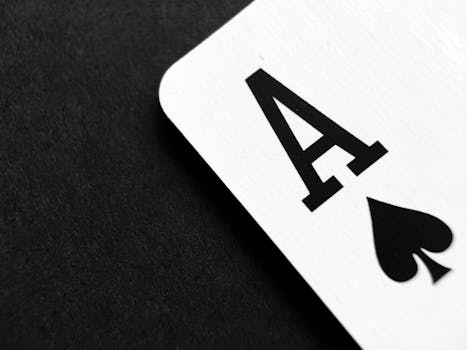
.png)
